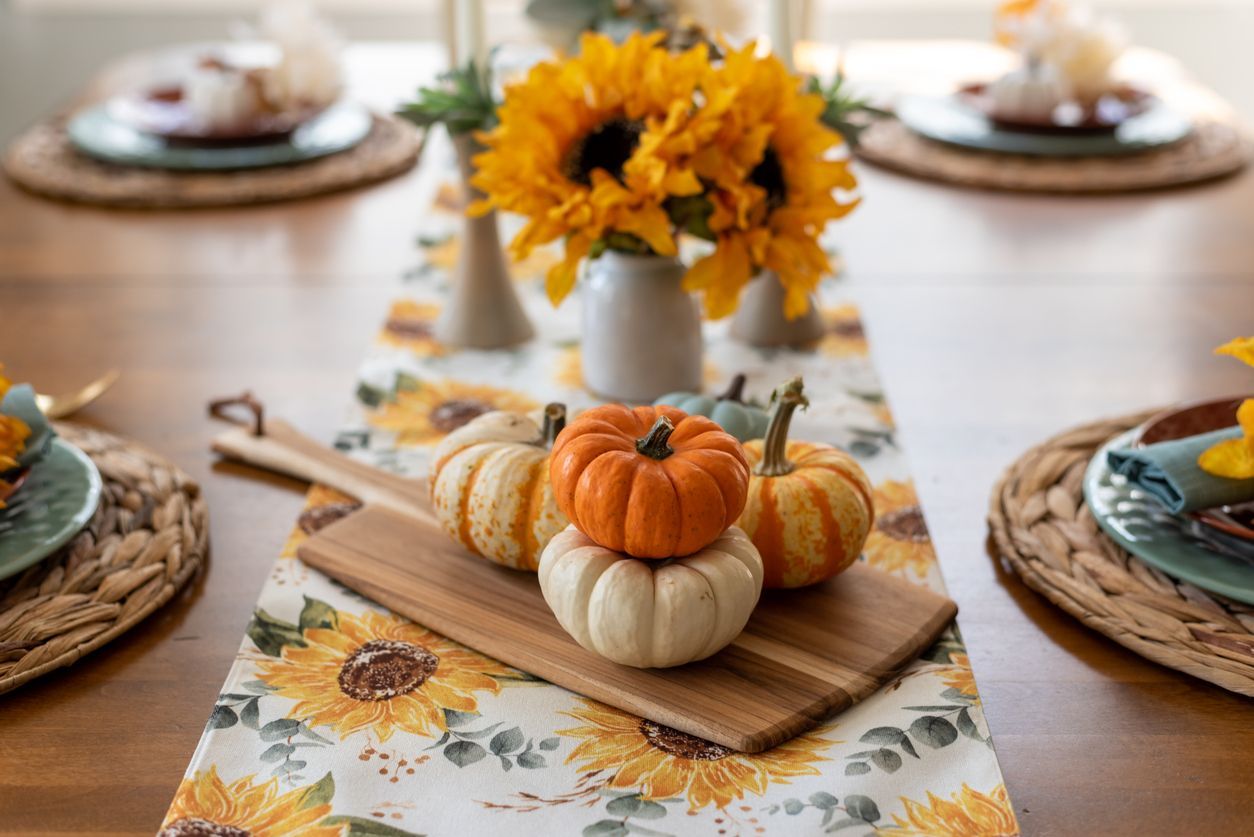Buying A San Joaquin Valley Home With Someone Else

Owning your own San Joaquin Valley home is part of the American dream because it’s an investment in the future and frees you from the demands of a landlord or apartment management company. It also signals to the world that you’re mature and stable enough to take over long-term financial responsibility.
However, you can often only achieve this goal with the help of someone else with a steady income. Typically, that someone is a spouse and such two-person purchases happen often enough that they attract no attention. But if the person you’re partnering up with to buy a home has a different relationship or is unrelated to you, you must consider the following for the transactions to proceed successfully.
Financing
Buying a property with someone else doesn’t differ whether you’re doing it with a friend, business partner, or spouse. However, all parties to the purchase must have enough income, a stable job industry, and a good credit report to qualify for financing. If one person does not meet those requirements, then the lender will not issue a mortgage. One option is to leave the unqualified person off the mortgage but keep him on the title. But this means that the person left becomes legally responsible for the debt. the other person essentially owns the home free-and-clear since he has no documented financial responsibility.
Ownership
You and your home-buying partner need to decide what type of ownership option you’ll use on the deed:
Tenants in Common: Each of you owns an exact portion of the property. If each of you put an equal amount into your purchase, then each of you owns exactly half of the home. But any percentage is possible. For example, if one partner picks up 70 percent of the tab, he can be entitled to 70 percent of the home. With this arrangement, each partner can dispose of his share as he sees fit, such as by giving it or selling it to someone else. This is a fairly common option for unmarried property owners.
Joint Tenant with Right of Survivorship: Each partner owns an equal interest in the property, which cannot be sold or given away unless all parties agree to the transaction. If one partner dies, the interest automatically passes to the survivor. This is a more common arrangement among relatives, such as between a parent and child.
Married couples typically own property as Tenant by the Entirety. They represent one legal entity in terms of property ownership. When one spouse dies, the surviving spouse automatically receives the deceased’s interest.
Taxes
It would seem logical that if both partners are responsible for paying the mortgage, each can claim an interest tax deduction equal to their share. For example, if you paid half of the $6,000 mortgage interest and your partner paid the other half, you’re each entitled to a $3,000 deduction for the year. A recent case (Bruce H. Voss, US Court of Appeals for the Ninth Circuit, No. 12-73257), as reported in Bottom Line Personal, showed that the both the IRS and Tax Court supported that assumption because the deduction limit applies per residence and not per taxpayer.
However, when the case reached the US Court of Appeals, the justice ruled that the maximum deduction applies on a per-taxpayer basis. This means that each of you gets to deduct all of the interest, or $6,000, on each of your taxes. This advantage does not apply to married couples, since they are treated as a single taxpayer.
As always, consult with a tax attorney or tax accountant to determine how you and your partner should deduct interest.
If you want to know more about financing option on a home purchase, whether you’re single, a married couple, or a partnership, or want to tour one of our developments, please contact us.











